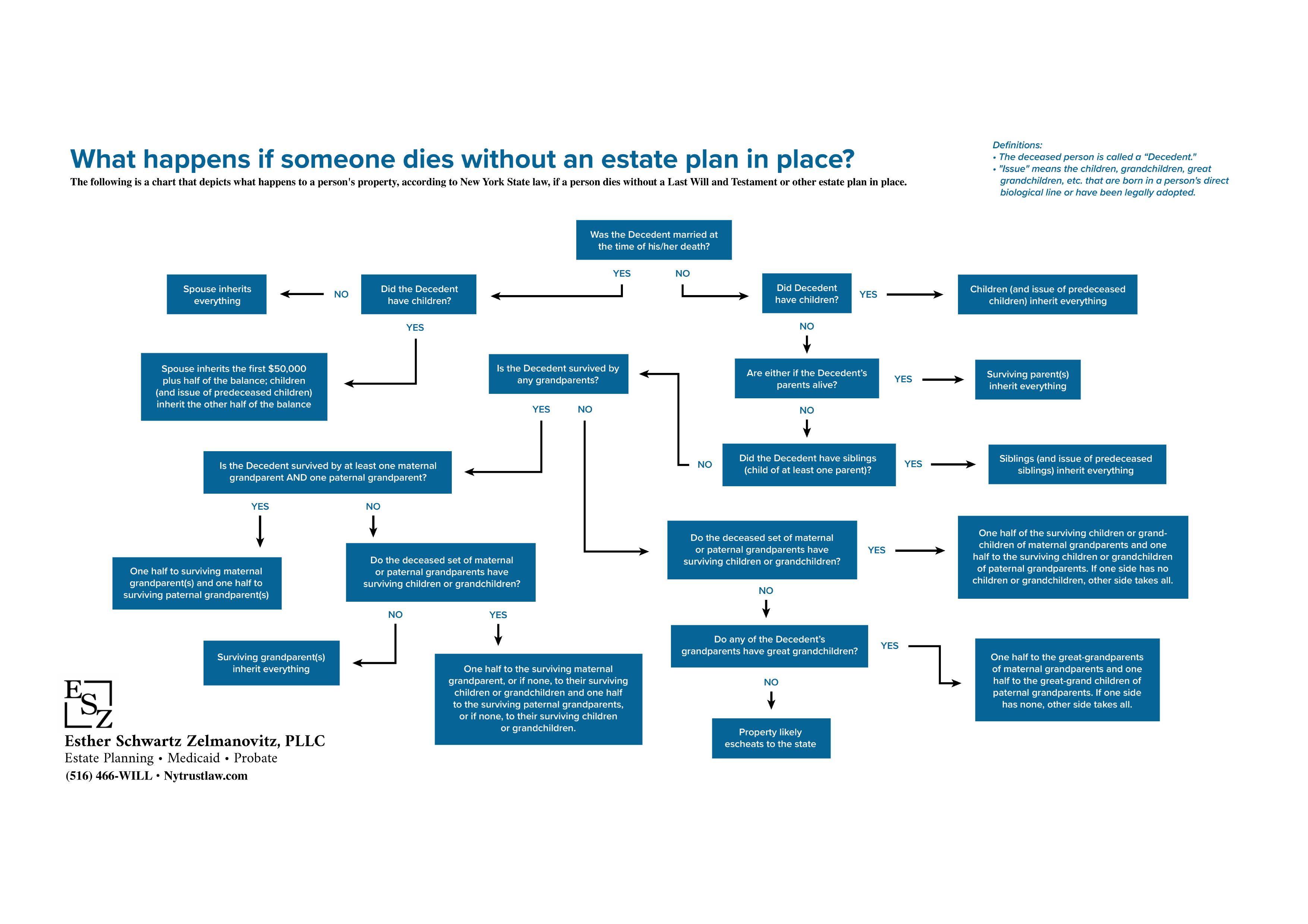
Long Island Probate Attorney
The bottom line when it comes to probate and estate administration is to keep those you love from having to deal with unresolved estate issues while they are in the midst of grieving. The process by which an estate is reconciled, then distributed, is known as probate, if there is a will, and estate administration, if a person dies without a will. New York, like all states, has its own set of rules related to probate and estate administration. After the requirements are properly followed, your beneficiary can receive the assets you left for them.
New York probate and estate administration have the potential to be both lengthy as well as complicated. Prudent estate planning, however, can ensure the process occurs as quickly and painlessly as possible—you will both ensure your wishes are properly fulfilled and that your loved ones are not embroiled in problems when they are mourning your loss. An experienced New York probate lawyer can help you understand the probate process, while comprehensively answering all your questions. Esther Schwartz Zelmanovitz, PLLC, can assist you in designing an estate plan that will most closely fulfill all your wishes.
What Happens If Someone Dies Without an Estate Plan in Place?


How Does Probate Begin in New York?
Following your death, if you have a will, your executor will initiate the legal process to wind up all your affairs and distribute your estate assets according to the provisions you have set forth. The executor you named in your will must submit a petition to the Surrogate’s Court, asking the court to recognize that the will is valid and for authority to administer your estate. This petition must include a copy of your death certificate, as well as your original will. The court will make a determination as to whether your will was properly executed, and if so, it will be “admitted to probate,” and the executor will be issued a document known as “Letters Testamentary.”
If you fail to have a will prepared, the state of New York will determine who will be in charge of winding up your affairs and distributing your assets, allocating the assets according to New York State Law. New York State law provides for who can petition the court to be appointed the “administrator” of your estate. The court may approve the appointment of your loved one but may require a bond be posted. The approved administrator will be issued “Letters of Administration.”
Once your executor or administrator has Letters Testamentary or Letters of Administration, he or she has the legal authority to handle your estate and must follow the distribution rules mandated by law, which may not necessarily result in your assets being distributed to those you would have chosen.


Our Values, Your Peace of Mind The Principles That Define Our Firm
-
Compassionate, Relationship-Driven Service
We believe every client deserves to be treated with dignity, patience, and genuine care. Our firm fosters long-term relationships, guiding families with warmth and empathy through emotionally sensitive matters like elder care, estate planning, and loss.
-
Clear, Respectful Communication
We prioritize honest, prompt, and respectful communication. Whether answering questions or guiding you through complex decisions, we're responsive, dependable, and committed to making the process as smooth and stress-free as possible.
-
Serving with Integrity and Excellence
We hold ourselves to the highest standards of ethical practice and professional excellence. Clients can count on us not just for our legal knowledge, skill and experience, but for honesty, transparency, and unwavering advocacy on their behalf.
-
Tailored Legal Guidance for Every Client
No two clients are the same. We take the time to truly understand each client’s concerns, goals, and values, crafting customized legal solutions that reflect what matters most to them.
How Do I Avoid Probate in New York?
If you die with something that you own titled in your name alone, your asset will likely need to go through the probate process before your heir can take ownership of that asset. If you don’t want your loved ones that survive you to have to go through the probate process to gain ownership of the assets you leave behind, there are ways you can make the process a lot smoother for them.
Some ways to avoid probate include designating beneficiaries. Your retirement accounts and your life insurance were likely set up with beneficiary designations. But, you may not be aware that you can likely designate beneficiaries on other financial accounts as well, such as investment accounts and regular savings accounts. The bank or financial institution may call it a “TOD” (transfer of death), “ITF” (in trust for) or “POD” (payable on death) You should periodically check your designations and update them when necessary (for example, after the death of a beneficiary or after divorce).
Another way to avoid probate is adding a joint owner with the right of survivorship. An asset with this form of title will result in the surviving owner automatically owning 100% of the asset when the first owner dies.
Naming a joint owner to your asset is not always a good idea, for several reasons, and you may have an asset that you can’t designate a beneficiary on, such as your home. In situations like that, you can avoid probate by transferring your home to a trust. A trust can be set up in many different ways and have many different advantages depending on how it is set up – from tax planning benefits to long term care asset protection benefits – but all trusts have a consistent characteristic that the assets funded in the trust during your lifetime will avoid probate upon your death.
There are many strategies utilized in the estate planning process. An experienced estate planning attorney can evaluate your personal situation and provide you with solutions to meet your particular needs.
